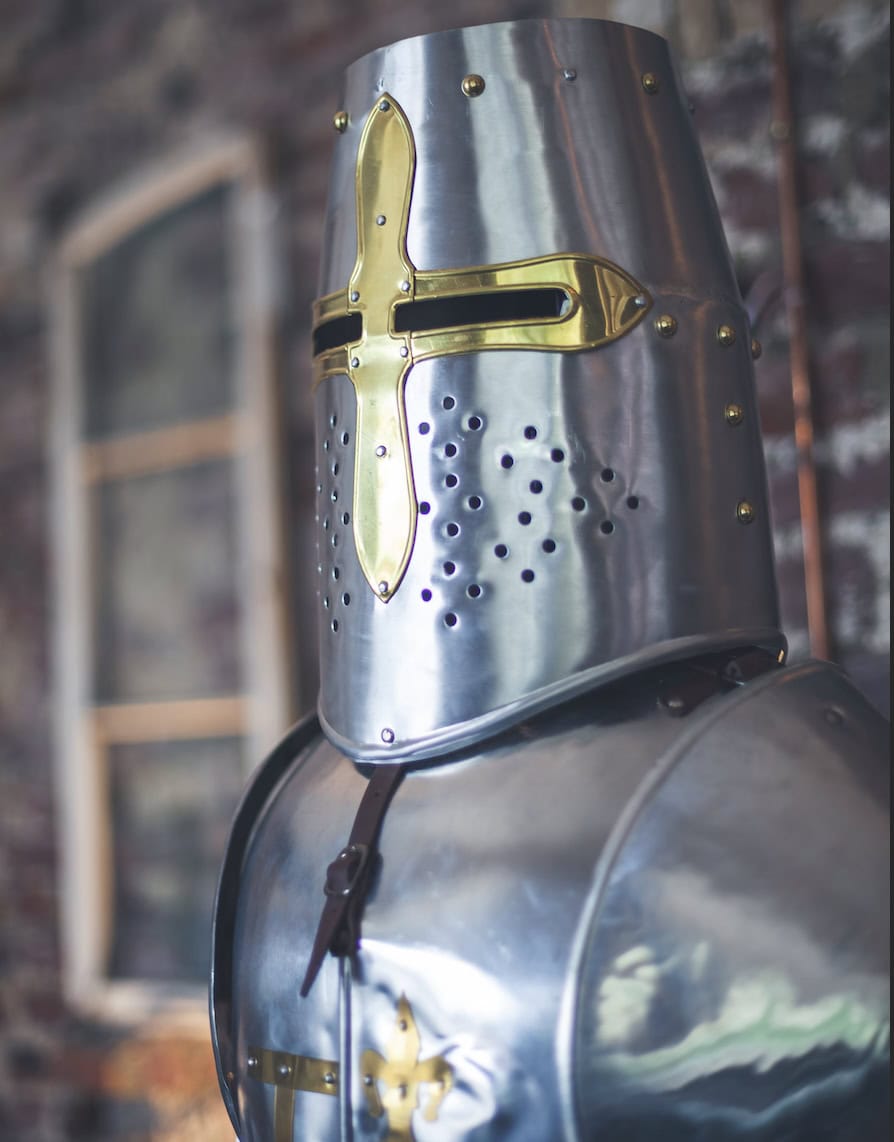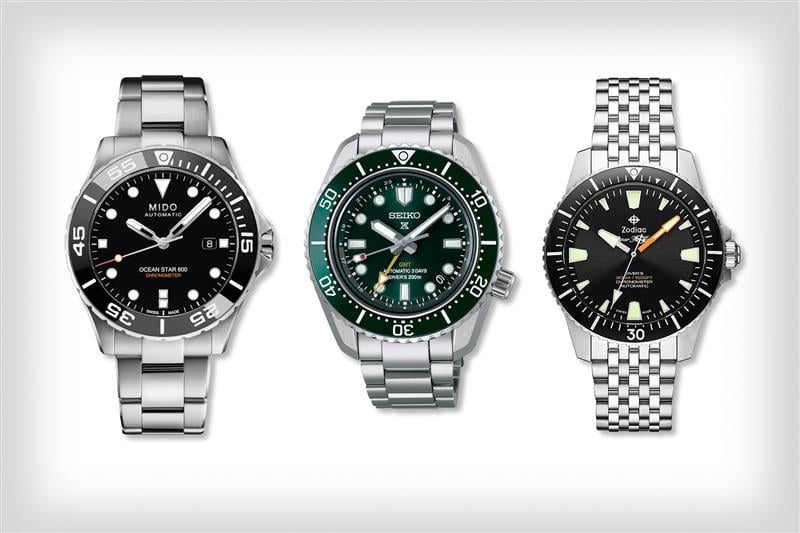The Best Sex of Your Life: The Truth From Renowned Sexologist Caitlin V
Dec 31, 2025Is Manliness at Odds with Men’s Health?
- Jan 11, 2025
- 0 Comments
809

Did you know that the wealthiest men worldwide live 6 fewer years than the poorest women? How about the fact that 4 of 5 of suicide deaths in America are men? Or that men take top honors in 8 of 10 leading causes of death? How about that men are almost 40% more likely to die of cancer than women? These are bone-rattling statistics for a men’s health specialist like me as they sadly represent the state of affairs of men’s health.
Don’t Eat Quiche
The million-dollar question is why these healthcare inequities exist. No doubt the answer is fully loaded with genetics, biology, behavior, culture and socioeconomics in the mix. But there is also a word that captures much of this: “manliness.” Throughout our existence, the concept of what it means to be a man has taken various forms at different times. Early on, it meant you were a warrior, and much later a farmer or a cowboy, and most recently a breadwinner. Although the outward expression of masculinity may have changed over the millennia, its fundamental qualities remain unchanged: courage, strength, resiliency, self-reliance and sacrifice. Despite its historically honorable qualities, new research now suggests that societal influence may actually be part of the problem with men’s health.
Tough it Out
Can it possibly be that the qualities of a more traditionally masculine man are bad for your health? A long term study of n= 4230 U.S. adolescent males followed into adulthood suggests that this may actually be the case. The research sought to find whether the degree of manliness correlates with downplayed or ignored medical issues. A validated “manliness measure” was developed (termed male gender expressivity) and assessed in a group of males during teenage years (age 16), as young adults (age 29) and then again as adults (age 38). Researchers then correlated the “degree of manliness” with adult individuals’ self-reported knowledge of their own diagnoses of high blood pressure, diabetes or cholesterol levels, which are common killers of US men.
These researchers found that as masculinity scores increased, the diagnoses and treatment of these common diseases were more likely to be unknown or ignored! So, this showed that while men tend to downplay their medical symptoms, more stereotypically “manly” men downplay them even more. And this, my friends, is not a good thing for men’s health. If we do not admit to having symptoms or diseases, then what is the chance that these diseases will be prevented or treated?
Sizzle in the Steak
If traditional ideas of masculinity are even a sliver of the problem behind men’s health, how do we fix it? Maybe we should start by changing how we view what it means to be a man. And for that we should take another step back to our past. For ancient Greeks, manliness meant living a life with eudaimonia, that is flourishing or with excellence and being the best man that you can be. Similarly, the Romans coined the latin virtus, from which we get virtue, as the path men should take in life. By including virtue, we add the qualities of temperance, industry, loyalty, resolution, integrity and personal responsibility to masculinity. And that may be the key here.
Why don’t we roll these ancient values into the modern ones and consider true masculinity as striving for personal excellence in health and morality in addition to being a loyal, sacrificial and courageous citizen? General George Patton said that “duty is the essence of manhood,” but I would add that duty toward one’s own health should be prioritized as well. Let’s make self-care a valuable part of being a man so that we can all live longer, healthier lives.
Publisher: Source link







